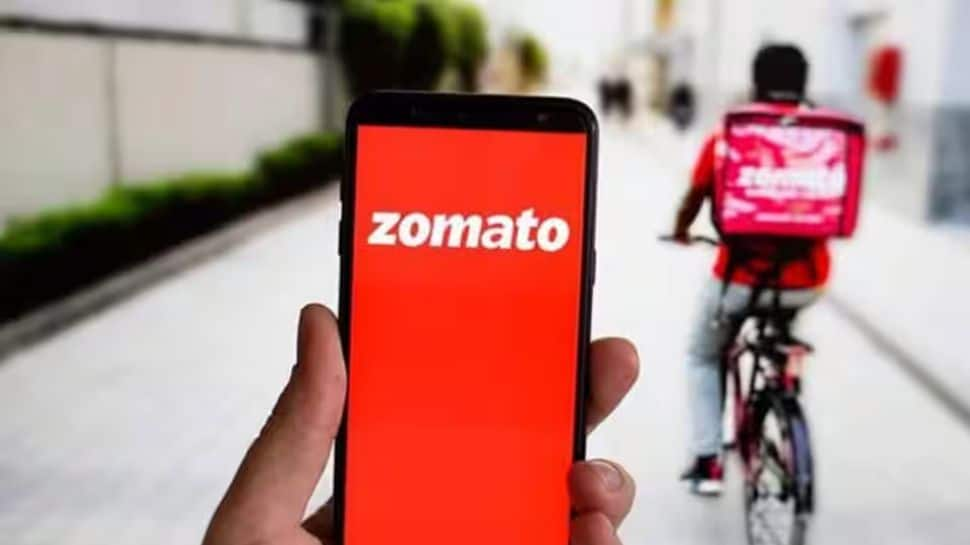 |
|
The recent announcement of Zomato's Chief of Staff position has ignited a firestorm of debate across social media and within the business world. The position, offered by Zomato CEO Deepinder Goyal, is unique not for its responsibilities, but for its unconventional compensation structure. Candidates are required to pay a substantial Rs 20 lakh fee upfront, and will receive no salary for the first year of employment. This bold and arguably controversial approach has, surprisingly, resulted in over 10,000 applications, underscoring a complex interplay of ambition, financial resources, and the allure of an unparalleled professional opportunity.
The job description itself paints a picture of immense responsibility and opportunity, promising exposure to the entire range of Zomato's operations, including its various ventures like Blinkit, District, Hyperpure, and Feeding India. Goyal himself touted the position as offering ‘10x more learnings than a 2-year degree from a top management school,’ highlighting the invaluable experience of working directly with him and other prominent figures in the consumer tech sector. This claim, however, is sharply contrasted by the lack of initial compensation, raising questions about the fairness and ethics of the arrangement. While Goyal promises a substantial salary exceeding Rs 50 lakh from the second year onward, the upfront cost remains a significant barrier to entry for many potential candidates.
The application pool, as described by Goyal himself, is a fascinating mix of individuals from various financial backgrounds. He noted a spectrum ranging from those with ample resources to those who claimed a lack of funds. This diversity underscores the powerful draw of the unique opportunity, even in the face of significant financial hurdles. It highlights the aspirational nature of the role and the potential perceived value of working directly alongside a successful CEO. The situation raises questions about the selection process itself—will financial means play a part in choosing the candidate, or will other criteria like experience and qualifications take precedence?
The public response to the job posting has been overwhelmingly negative. Many critics have labelled the requirement of a Rs 20 lakh fee as exploitative, highlighting the inherent imbalance of power between the employer and the applicant. While Zomato's commitment to donating the fees to Feeding India and to a charity of the chosen candidate's choice is laudable, it does little to alleviate the concerns about the potential for the arrangement to disproportionately favour wealthy applicants. This criticism points towards a wider discussion about the ethical implications of unconventional compensation models in the business world, specifically concerning the pressure it places on aspiring professionals to finance their own career advancement.
Further analysis reveals a deeper complexity within this controversial recruitment strategy. The extraordinarily high number of applications – over 10,000 – suggests that the perceived value of the opportunity outweighs the significant financial investment for many candidates. This could be interpreted in several ways. It might reflect the immense prestige associated with working directly for a high-profile CEO like Deepinder Goyal. It might indicate a desperation for entry into the highly competitive consumer tech industry, with candidates viewing this as a shortcut to career advancement. Or, it might even suggest a strategic gamble, with applicants believing the potential long-term financial rewards far outweigh the initial investment.
Regardless of the motives behind the numerous applications, the controversy surrounding Zomato's Chief of Staff role continues to raise pertinent questions. Is it a genius recruitment strategy that effectively filters out less committed candidates? Or is it an unethical, exploitative practice that reinforces existing inequalities within the industry? The long-term impacts on Zomato’s reputation and the broader perceptions of employment practices within the tech sector remain to be seen. However, this unusual job posting has undoubtedly sparked an important conversation about the dynamics of power, compensation, and access in the world of high-profile corporate positions.
Source: Zomato's 'Chief of Staff' Role Draws Over 10,000 Applications Despite Rs 20 Lakh Entry Fee
